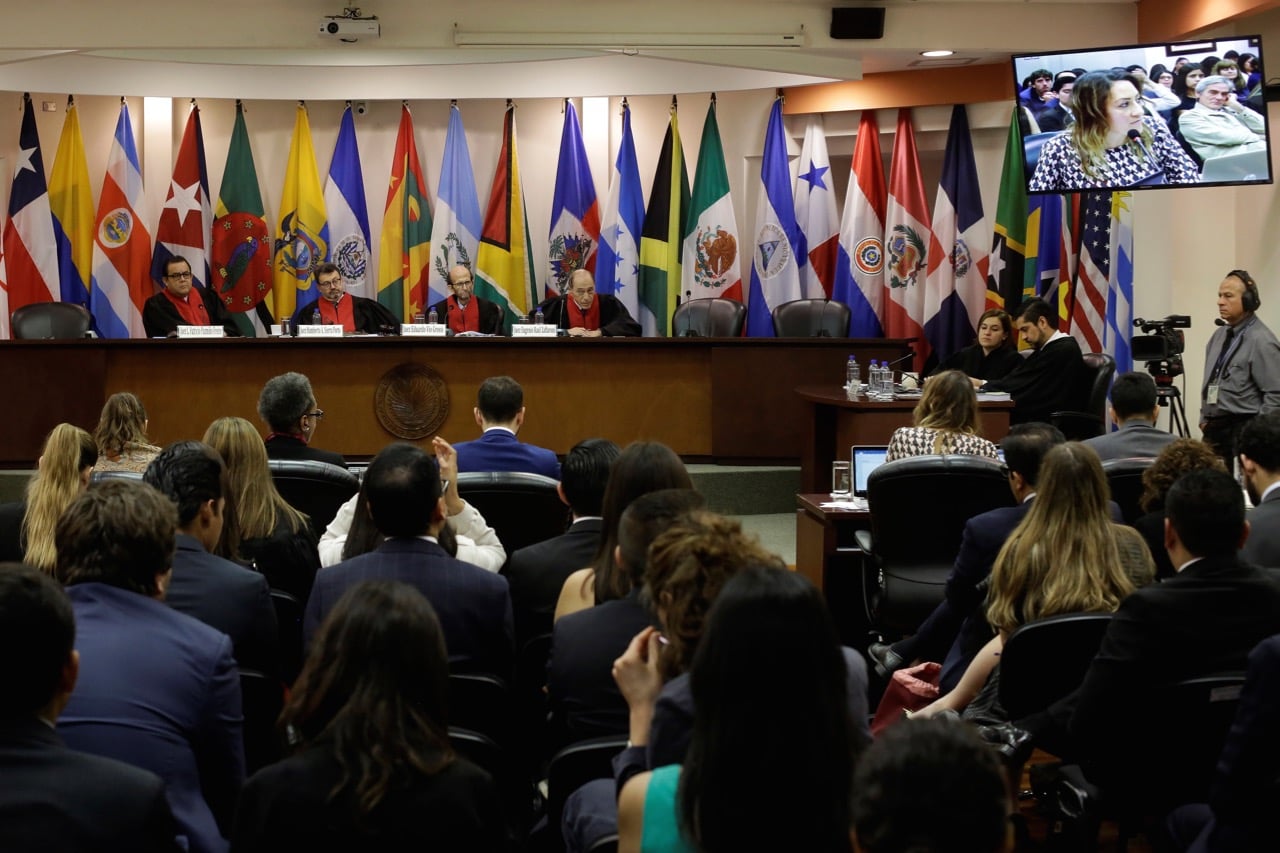The case of Tulio Alvarez has sparked concern from freedom of expression advocates, who say that the criminal law should not be used to silence people who write about public issues.
IFEX-ALC, a network of organisations who defend freedom of expression and press freedom in 14 Latin American and Caribbean countries, has submitted an Amicus Brief to the region’s top human rights court in support of Tulio Alvarez, a Venezuelan lawyer and university professor sentenced to over two years imprisonment for writing a newspaper column criticizing a government official for alleged corruption.
The case has sparked concern from freedom of expression advocates, who say that the criminal law should not be used to silence people who write about public issues. IFEX-ALC’s members report this is a significant problem in many countries across Latin America and the Caribbean – and that Alvarez’s case is emblematic of this deeper problem not just in Venezuela but throughout the region. IFEX-ALC’s Amicus Brief asks the IACHR to ensure that all journalists in the region can hold public power accountable without fearing legal action against them.
“No one should face imprisonment for criticizing government officials or commenting on matters of public interest,” said IFEX-ALC Coordinating Committee President Marianela Balbi. “Venezuela’s use of criminal law to silence Tulio Alvarez violates his right to freedom of expression, and is incompatible with the American Convention on Human Rights. IFEX-ALC’s member organisations are asking the IACHR to uphold and reinforce region-wide democratic standards prohibiting the use of criminal law in such matters.”
Alvarez was sentenced under Articles 444 and 77 of the Venezuelan Penal Code for the crime of aggravated defamation, in relation to an opinion column he published in the newspaper Así es la Noticia in 2003. He was also banned from leaving Venezuela, and from voting in the country’s 2006 elections. Alvarez appealed to the Inter-American Court of Human Rights (IACHR) alleging that Venezuela had violated his rights to freedom of thought and expression, as well as his rights to a fair trial and judicial protection, freedom of movement, and political rights.
Key arguments made in IFEX-ALC’s Amicus Brief include:
. Investigative journalism and opinion columns play a critical role in holding public power accountable, which is an important function of a free press in a democratic society.
. Previous IACHR rulings have confirmed that the limits of admissible criticism are broader in relation to public officials than with respect to private individuals, given that free speech and political debate are essential pillars of a democratic society. Despite these IACHR rulings, the use of criminal law to silence journalists who criticize public officials is still a significant problem in many countries in the region that are subject to IACHR jurisdiction. This is why it’s very important that the IACHR is consistent and upholds standards on this issue.
. Article 444 of the Venezuelan Penal Code (Defamation and Insult), under which Alvarez was charged, is incompatible with Article 13 of the American Convention on Human Rights, which sets out that everyone has the right to Freedom of Thought and Expression. Venezuela’s Article 444 has the effect of forcing journalists to self-censor in order to avoid criminal sanctions, and makes it a crime to criticize public officials even when there is reliable evidence to support such criticism – and many other countries in the region have laws which have a similar effect.
. Criminalizing criticism of public officials has negative repercussions for the Latin American region as a whole. Many countries in the region (Mexico, Argentina, Uruguay and Jamaica) have already decriminalized defamation of public officials, and this should be extended to all other countries in the region to protect human rights.
The case is due to be considered by the IACHR at a public hearing in San José, Costa Rica on 28 January.
